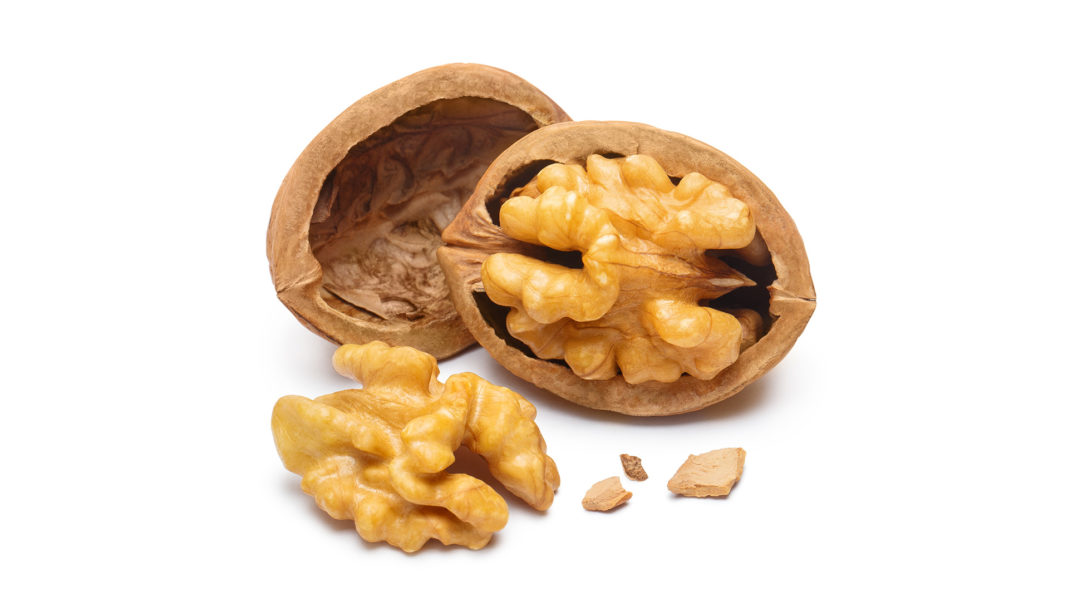You know the old saying “you are what you eat?” It’s not just a saying, it’s literally true. Consider your brain. It is primarily made from fat. Where did that fat come from? Your diet. Your brain is built from what you eat. Thus, brain function is significantly influenced by diet.
While diet’s role in preventing high blood pressure, high cholesterol and diabetes is well established, diet’s potential to improve brain health and prevent cognitive decline is a burgeoning area of research. Some of the foods which have been shown to be particularly helpful for the brain are highlighted below.
Dark Green Leafy Vegetables
The results of the Nurses’ Health Study which followed over 13,000 women for over three decades found that when it comes to preventing cognitive decline, the more vegetables you eat, the better. However, among all vegetables, dark green, leafy vegetables (like spinach, kale, romaine lettuce and collard greens) have the most potent ability to decrease risk for cognitive decline. This is because dark green leafy vegetables contain important plant nutrients called carotenoids. Following consumption, carotenoids literally end up in the brain where they surround brain cells and function as security guards protecting brain cells from injury and death.
A recent analysis published in the Journal of Nutrition in March 2020 showed that cognitive function in the present was influenced by carotenoid intakes 28 years prior. Thus, while cognitive decline may sound like a symptom of old age, you can’t wait until you have symptoms to capitalize on the powerful effects of leafy greens. Furthermore, it’s also important to note that in order to maximize the absorption of carotenoids, leafy greens must be consumed alongside oil or fat. Hence, fat-free salad dressing is not advisable.
Fruit
While leafy greens have the highest antioxidant content among vegetables, berries have the highest antioxidant content among fruits. This is why berries are often noted to be particularly healthy for the brain. However, berries aren’t the only fruit that deliver antioxidants. Apples contain a type of antioxidant called flavonoids. A study published in the American Journal of Clinical Nutrition in 2020 showed that higher flavonoid consumption is associated with decreased risk for dementia. But the catch is, you have to eat the skin. That’s where most of the flavonoids are located. Apples are also a great source of fibre, which is another crucial nutrient.
Beans and Legumes
Ninety-five percent of people don’t eat enough fibre. While you might not immediately equate fibre with brain health, it plays a crucial role in feeding the bacteria living in our gut. In doing so, fibre is part of the formula for creating an anti-inflammatory state in the body, which is crucial for brain health. Beans and legumes are among the richest sources.
Nuts
Everyone needs to eat nuts every single day, not only for brain health but for health in general. A study published in the Journal of Nutrition Health and Aging in 2015 showed that people who eat three to four walnuts every day perform better on cognitive tests compared to people who don’t eat walnuts. Walnuts are a classic brain food because of their omega-3 content, but omega-3s aside, all nuts supply a rich variety of vitamins and minerals. Thus, eating nuts, irrespective of type, is good for brain health.
These are just a few of the most important foods that we need to eat every day to promote the health of our brain today and preserve the health of our brain for tomorrow.
For more information on how to optimize brain health, visit brainchanges.org.
Read This Story in Our Outdoor Summer Digital Edition
Get outside and play!
We’ve covered DIY Bike Maintenance, Wildlife Travel, Open Water Swimming, Ultramarathon Training, Paddleboarding, Family Adventures, and Dogs and a Cat to watch on Instagram! Work out with Canada’s Top Fitness Instructors and be inspired by our Athletes with IMPACT.

















